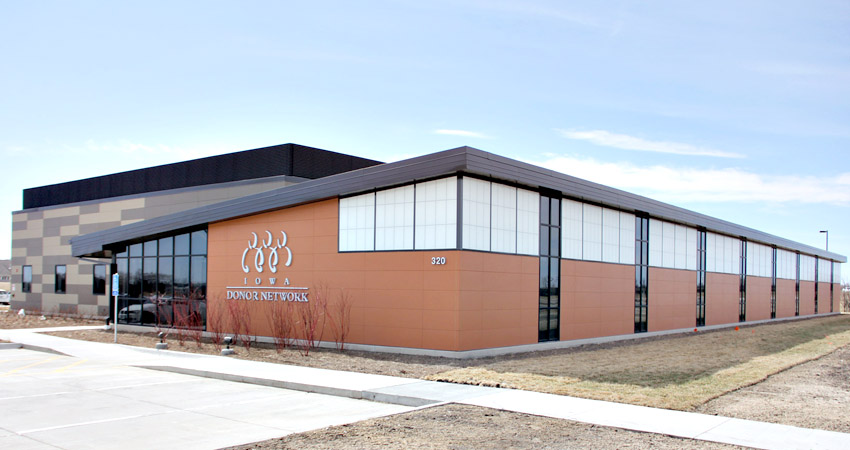
The evolution of Iowa Donor Network (IDN) began long before its original 1994 incorporation date. In 1970, on the heels of a successful kidney transplant in Iowa City, a program for transplantation, organ recovery and preservation was established in the state.
By the late 1970s, the University of Iowa Hospitals and Clinics (UIHC) had a nationally recognized transplant program, complete with a transplant coordinator. The transplant coordinator facilitated the organ recovery and transplant process, conducted professional and public education, and managed post-transplant care of recipients. Soon it became clear a formal Organ Procurement Organization (OPO) was needed. This led to the formation of the Iowa Statewide Organ Procurement Organization (ISOPO), managed by UIHC. At the same time, Iowa Methodist Medical Center and Mercy Medical Center, both in Des Moines, and each with their own, in-house organ donation departments, decided that it was best to combine efforts and promote organ donation as one united entity.
In 1994, the three organizations left their parent organizations to become an independent entity, ISOPO, with offices in Des Moines and Iowa City. Its role remained as an advocate and facilitator of donation, but it placed greater emphasis on educating the public as well as healthcare professionals about their role in the donation process.
ISOPO continued to expand its staff and the scope of its activities. By the mid-90s, the organization became what it is today, Iowa Donor Network. In 2000, Iowa Donor Network expanded beyond organ recovery to include tissue recovery services. Today we partner with more than 120 hospitals in Iowa, medical examiners, EMS providers, funeral homes, transplant centers, and the Iowa Lion’s Eye Bank to make donation and transplantation possible.
At the center of this “network” are the donors and their families, whose generosity and courage make donation happen. Iowa Donor Network continuously evolves to embrace best practices to save as many lives as possible.